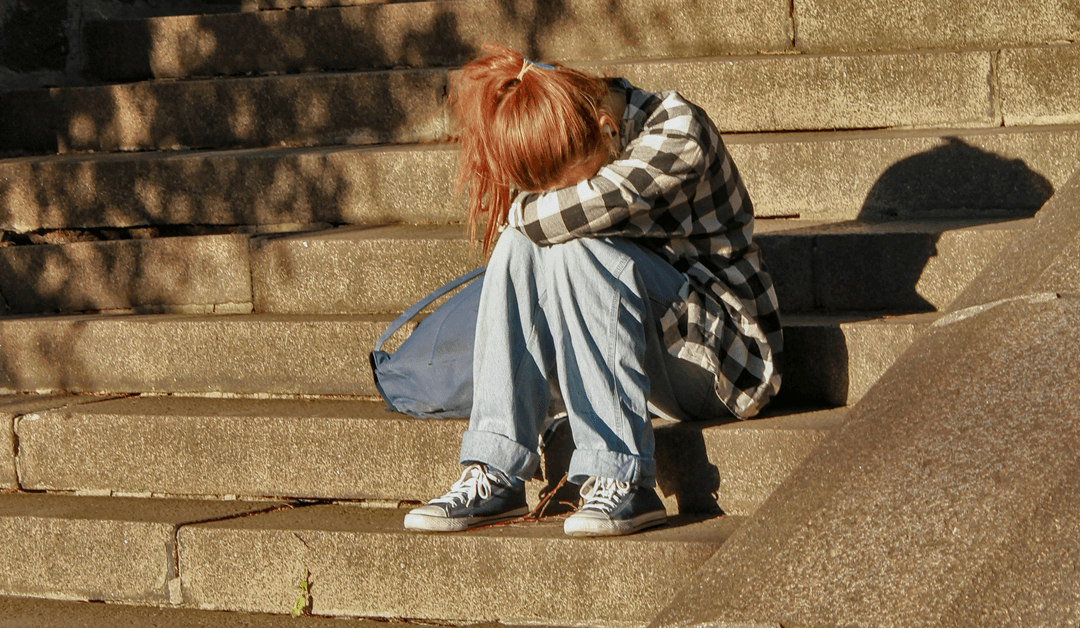Though my article series on PTSD concluded with my piece on natural disasters, I thought it would be meaningful to write one more addition to the topic in light of recent and sadly ongoing events in the US.
In 2024 alone, there have been over 380 mass shootings in the United States, with one of the most recent being at Apalachee High School in Barrow County, Georgia. Every year in the United States, an average of 3 million children are exposed to shootings. The prevalence of school shootings in the US has led many children to be afraid that each day they enter school, there’s always the possibility that they’ll never make it back home.
The Impact of Lockdown Drills
I remember doing lockdown drills in school from a very young age, at first not understanding why my teacher would tell me and my classmates to hide in the corner of the classroom while she turned off the lights and barricaded the door. In elementary school, it almost felt like a game, like a school-wide round of hide and seek. When I eventually learned the reason why we were doing these drills, I remember feeling shocked and afraid that something so horrific could happen at school, where the worst thing that had ever happened to me was a bad grade on a math test.
Schools are meant to be a safe space for learning and making friends; when a space that is meant to provide a source of consistency, growth, and community turns into a place of violence and fear, it can leave students shaken. For many Americans, school shootings have an unfathomable physical impact, with tragic death tolls and life-altering injuries. In addition, they also leave emotional scars that can be just as difficult to heal, if not more. Seeing teachers or classmates being shot, living through the fear of hiding or running away from a gunman, or even just hearing a gunshot at school can leave survivors traumatized for years.
The Aftermath of Gun Violence
With there already being 46 school shootings in the US in 2024 (so far as I write this article), it’s no surprise that many students unfortunately have to live with the aftermath of gun violence in their schools. Many survivors of school shootings develop anxiety, depression, or PTSD. The development of stress and anxiety disorders can create an avoidance of school, meaning students will not attend school since it is associated with so much trauma. Avoiding school creates a new set of issues. After a school shooting, students often exhibit lower test scores, attendance, and graduation rates, as well as higher dropout rates and antidepressant use. Students who live through school shootings are 68% more likely to be diagnosed with a mental health disorder and 144% more likely to develop a substance abuse disorder during their lifetimes. The combined effect of these outcomes can lead to students having trouble finding or holding jobs when they are older.
Furthermore, because children who have lived through school shootings are still in the process of development, getting PTSD can lead to severe regressions that can stay with them for their entire lives. These include not being able to sleep through the whole night, blocks to social development, and stunted cognitive and motor functions. If students do not have access to proper help or treatment, any mental health disorders they develop as a result of the shooting can continue and worsen as they transition into adulthood.
The Impact on Families
Even the parents of survivors of school shootings tend to exhibit higher rates of mental health disorders and stress following the attack. It can be incredibly traumatic to see your child go through an event as severe and life-threatening as a school shooting. Afterward, being faced with sending the child back to school or being away from them even for a short period of time and not knowing whether or not you’ll see them alive again is incredibly frightening and stressful. It is imperative to understand that trauma-based symptoms in both children and adults include both mental and physical symptoms such as poor sleep patterns, changes in appetite, need for constant reassurance, constant checking for safety, withdrawal from activities, irregular mood shifts, moments of intense anger or shut down, night terrors, sudden weight gain or loss, etc. It’s essential that parents of children who have gone through school shootings or other instances of gun violence take care of their mental health and seek professional help if needed for their own well-being and the well-being of their child.
Moving Forward
This makes it incredibly important for survivors of school shootings and their loved ones to seek professional help as soon as their mental health starts to negatively impact their daily lives. It can be difficult for children going through mental health challenges to even realize the extent of their own suffering, so their parents and other trusted adults in their lives must stay vigilant for warning signs of PTSD and other stress and anxiety disorders. It can also be very helpful for parents to provide their children with a sense of structure and routine following a shooting to provide them with some grounding in an incredibly uncertain and frightening time. That being said, it is also important for parents to create a safe space for their children to freely express and discuss their emotions and thoughts, as bottling up negative emotions following a traumatic event can snowball into bigger issues.
Going forward, it is important to prepare children for the unfortunate eventuality of a school shooting in a way that instills caution. As school shootings become increasingly more common, students, parents, and educators should be aware of what they can do to stay safe in the event of a shooting and how they can protect their mental health in the aftermath.
Photo by Zhivko Minkov

